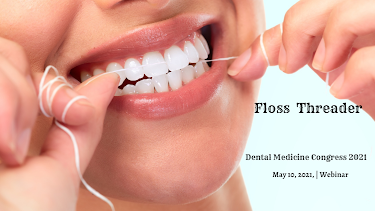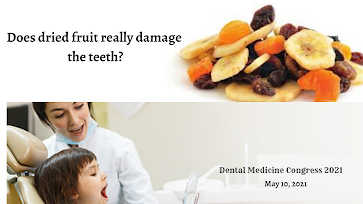Why Does Root Canal Treatment Happen to Most of the People?
A root canal could be a dental procedure that includes the removal of the soft center of the tooth, the pulp. The pulp is created of nerves, connective tissue, and blood vessels that facilitate the tooth growth. In the majority of cases, a general dentist or endodontist can perform a root canal whereas you’re under local anesthesia.
When is a root canal needed?
A root canal is done when the soft inner part of a tooth (pulp) is injured or becomes infected or inflamed. Removing infected or injured pulp is the way to preserve the structure of the tooth.
Common causes of harm to the pulp include:
- deep decay due to an untreated cavity
- multiple dental procedures on the same tooth
- a chip or crack in the tooth
- an injury to the tooth (you might injure a tooth if you get hit in the mouth; the pulp can still be damaged even if the injury doesn’t crack the tooth)
How to understand that you need a root canal?
Endodontic treatment is crucial when the pulp inside the root canal becomes infected or inflamed. The inflammation or infection will have a spread of causes deep decay repeated dental procedures on the tooth or a crack or chip in the tooth. Additionally, an injury to a tooth that causes pulp damage even if the tooth has no visible cracks or chips. If pulp inflammation or infection is left untreated, it will cause pain or lead to an abscess.
How is a root canal performed?
A root canal is performed at a dental office. The below are the steps of the root canal procedure.
Step 1: Anesthetic
Step 2: Removing the pulp
Step 3: Antibiotics
Step 4: Temporary filling
What happens after a root canal?
A root canal is considered a restorative procedure. Most people who undergo the procedure are able to enjoy the positive outcome for the rest of their lives. Still, however long results last depend on the method you are taking care of your teeth. Just as the rest of your teeth rely on smart oral hygiene habits; your restored tooth needs regular brushing and flossing as well.



Comments
Post a Comment